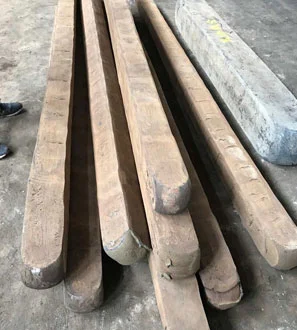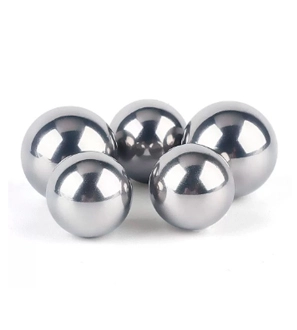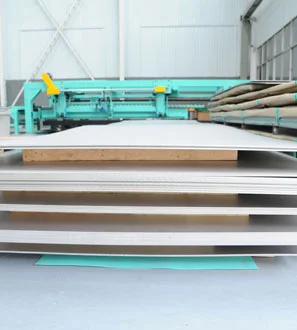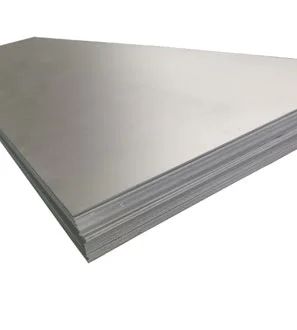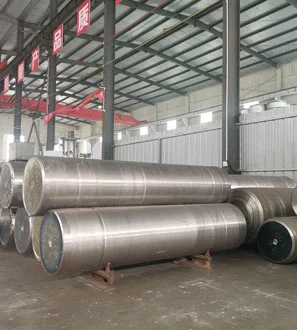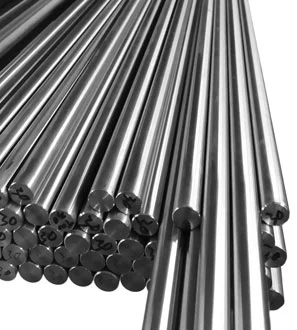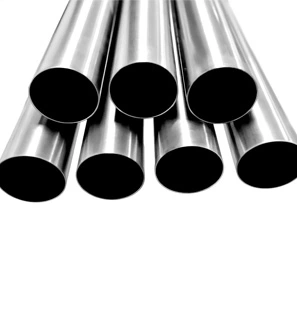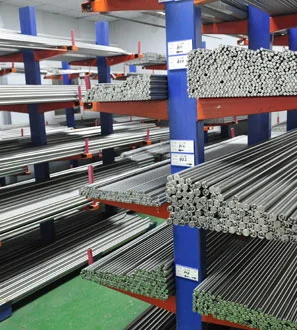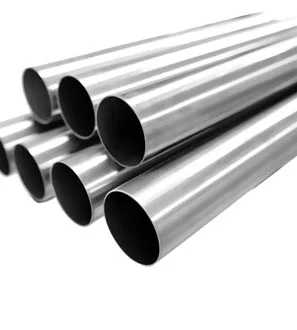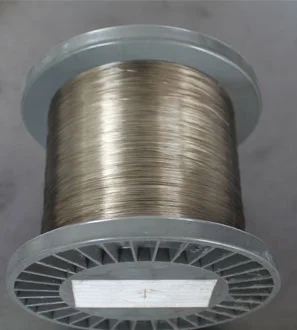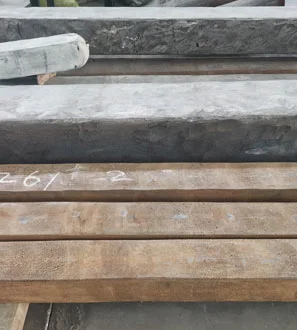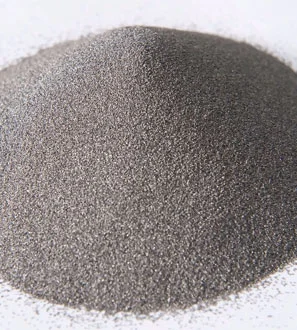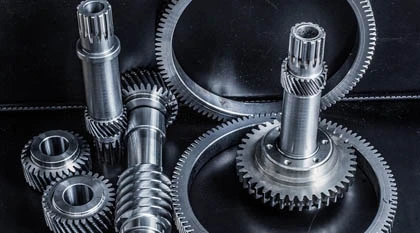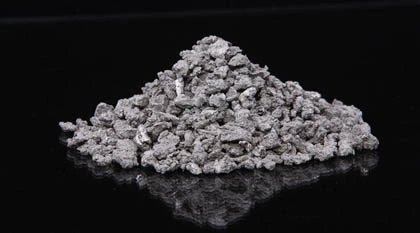Marine Titanium

Titanium is an incredibly versatile and useful metal, and one of its major applications is in the marine industry. This metal's unique characteristics make it suitable for many marine applications, including its remarkable resistance to corrosion, light weight, high strength, and low thermal expansion. Below are some of the critical applications of titanium in the marine industry:
Shipbuilding:
Titanium is widely used in shipbuilding because of its resistance to saltwater, which is the primary cause of corrosion in a marine environment. The metal's excellent strength-to-weight ratio also makes it an ideal material for the many components of ships, including fuel tanks, propeller shafts, and other structural parts.
Deep-sea drilling and exploration:
In the exploration of the deep sea, it is essential that all materials in contact with seawater be highly resistant to corrosion, and titanium is the perfect material for this application. The metal's ability to maintain its integrity in high-pressure environments and resistance to corrosion makes it perfect for "down hole" applications such as drilling equipment components.
Marine valves:
One of the most common uses of titanium in the marine industry is for the production of valves. Valves have many applications in marine environments, including controlling the flow of water and regulating offshore oil and gas wells. The metal's resistance to seawater corrosion and chemical erosion ensures these components have a longer lifespan than traditional materials.
Marine heat exchangers:
Titanium is also useful in the production of marine heat exchangers. The material is used to create extensive surface areas on heat exchangers that require high heat transfer capacities. This means that the exchangers can transfer more heat, making them more efficient than those made using traditional materials.
In conclusion, titanium's characteristics, such as its light weight, strength and corrosion-resistant properties, make it an excellent material for marine applications. Its unique properties increase the life span of marine components, and ensure increased efficiency in the machinery.








 English
English  日本語
日本語  한국어
한국어  français
français  Deutsch
Deutsch  русский
русский 



